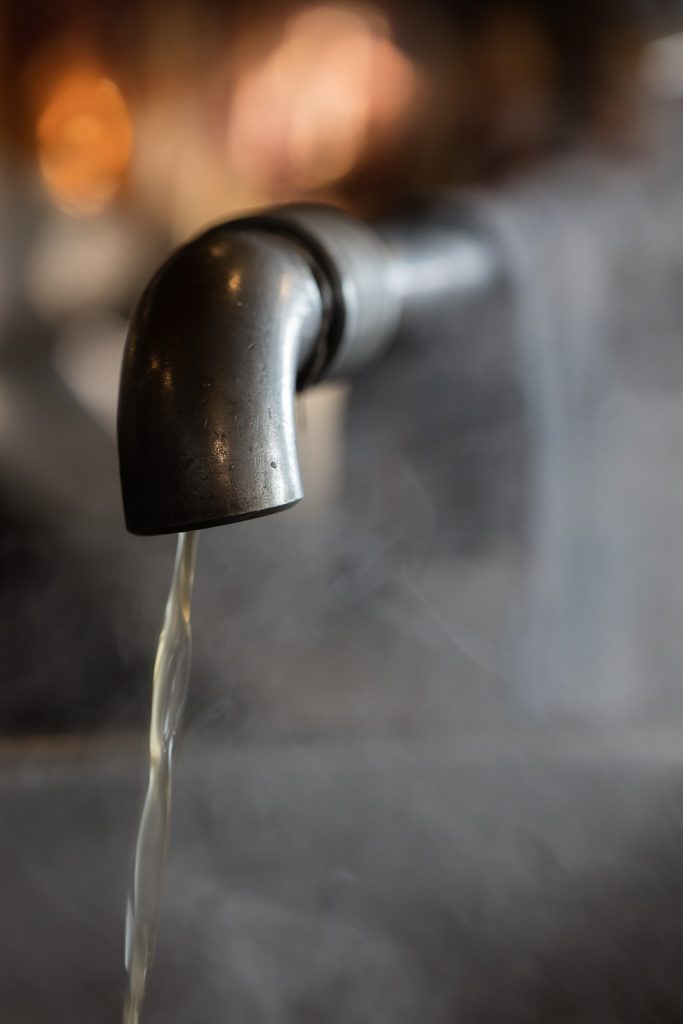
The Province of Québec is to maple syrup as Saudi Arabia is to oil. Instead of OPEC, Quebec has the PPAQ or Producteurs et productrices acéricoles du Québec. The PPAQ administers all maple syrup production within the province and, since the province accounts for more than 70% of all maple syrup production in the world, it is a force to be reckoned with.
Among other things, the PPAQ sets quotas. If, in a given year, a producer exceeds its quota, it stores the surplus in sterilized barrels that hold 170 litres of syrup and, when filled, weigh 270 Kg. These barrels end up in the Global Strategic Maple Syrup Reserve and, since maple syrup isn’t a perishable food, the barrels can be warehoused indefinitely. Like OPEC, PPAQ (QMSP in English) uses its reserve to guarantee supply at a stable price. So, for example, at the end of 2021, the PPAQ announced that it would gradually release a little over half its reserve. Two factors have adversely affected global maple syrup supply:
Firstly, last year’s production run was less than stellar. As with any agricultural product, some years are just better than others. 2021 wasn’t a great year.
Secondly, demand has gone up during the pandemic. With more people living in lockdown, there has been a renewed interest in baking, especially in baking the sort of comfort foods that use maple syrup as a primary ingredient.
PPAQ has reassured the public that its recent move should not be interpreted as signalling that there is a threat to maple syrup supplies. Fluctuations in production and demand are common. But to be on the safe side, it has approved a 14% increase in taps for the 2022 season.
It goes without saying that in a world that has, in recent years, skewed ideologically to neoliberalism and free trade, the PPAQ is an outlier. Many producers resent the iron grip the PPAQ has on maple syrup production and, especially in a high-demand time like this, those producers have a strong incentive to sell on the black market. But more about that in tomorrow’s post.